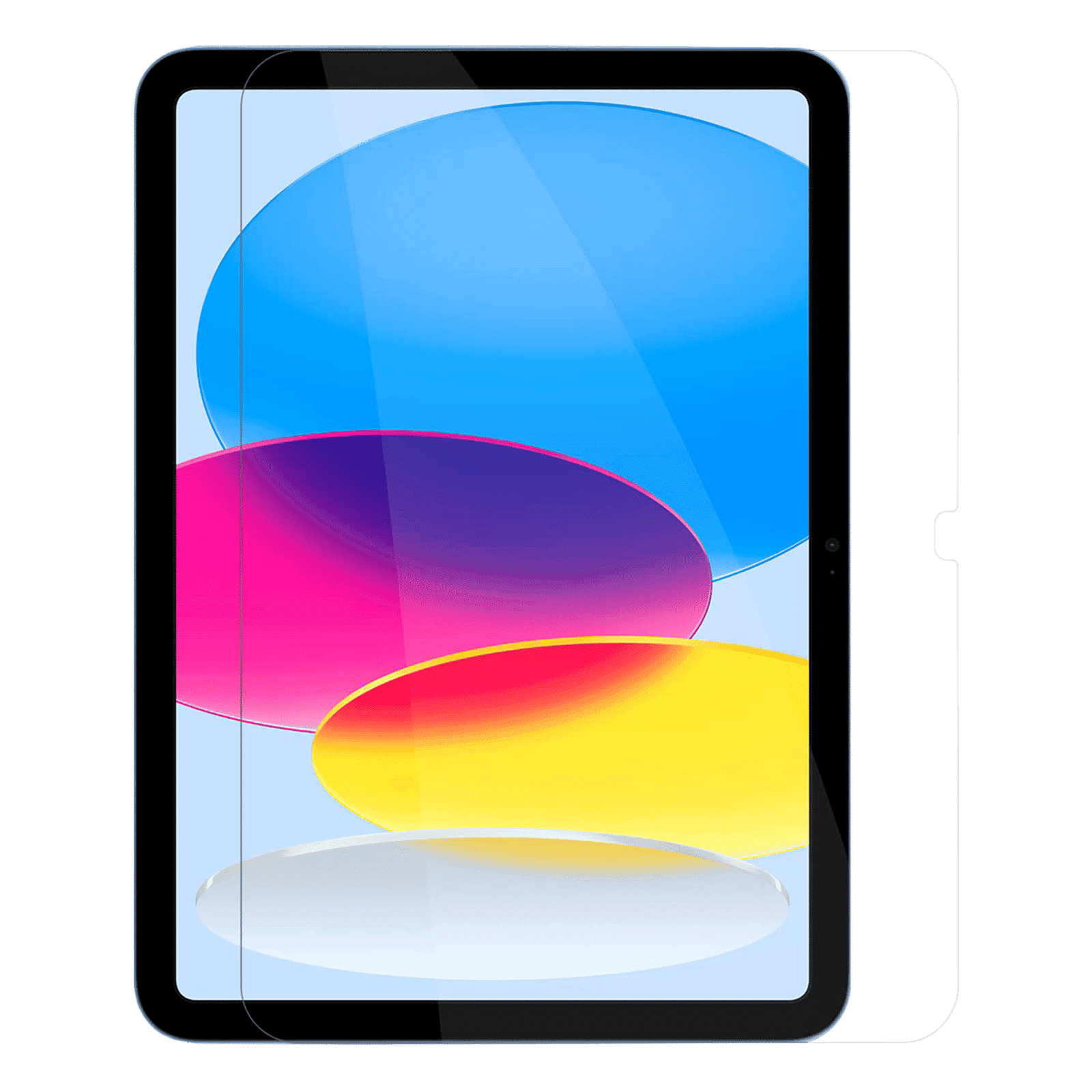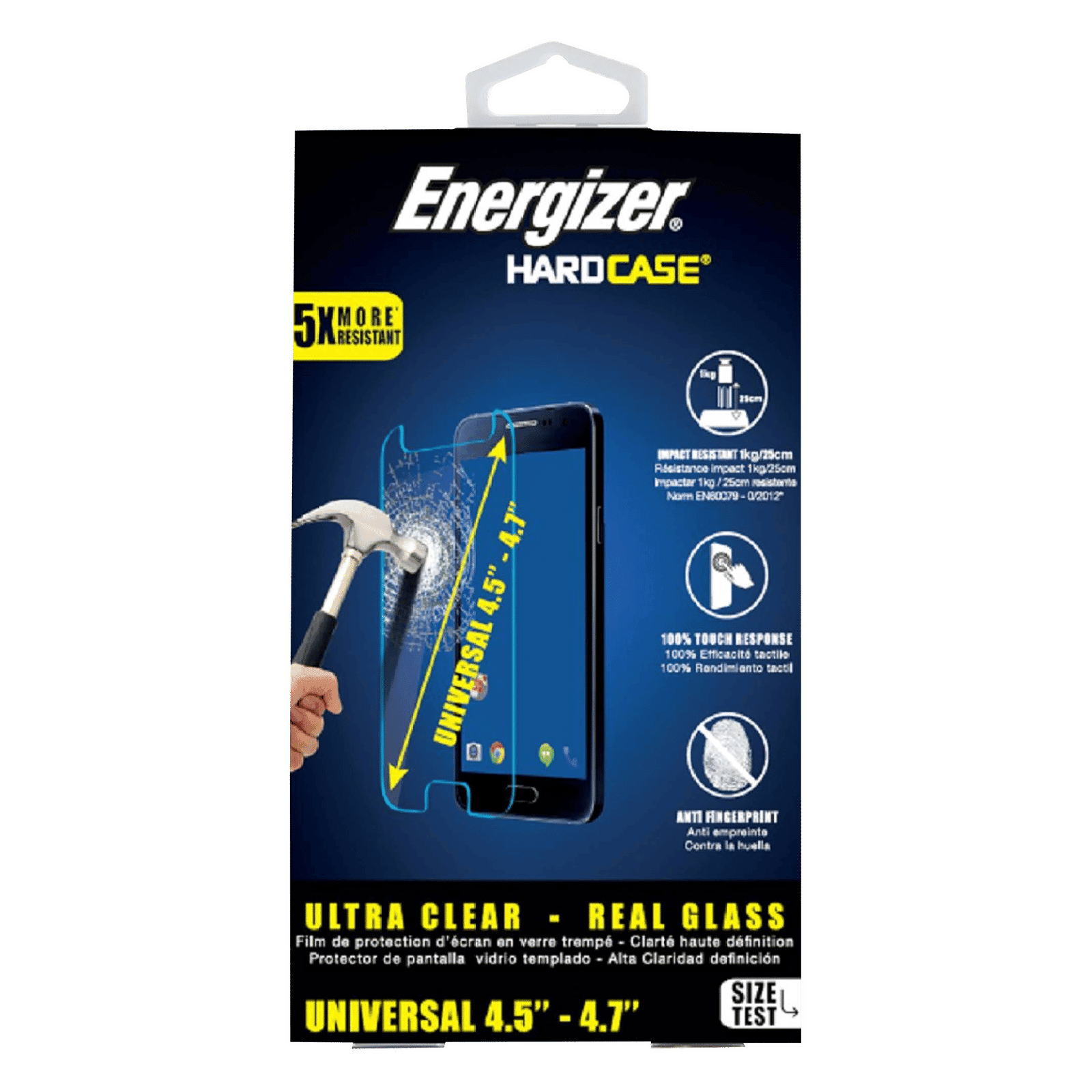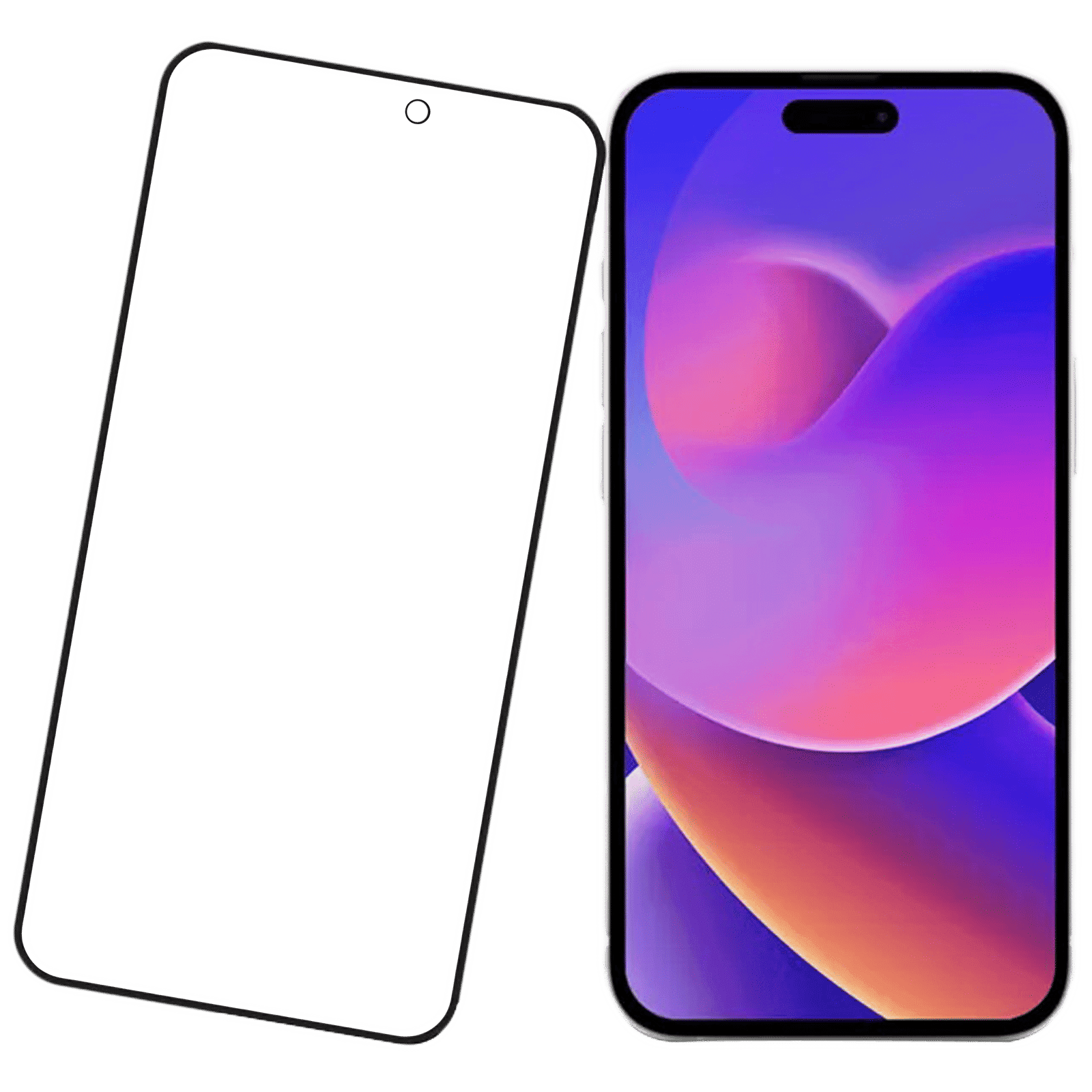%20(Presentation)%20(1600%20x%20600%20px)(545)-c81b4bea-5007-4f43-b1f7-3af5f68e5325.webp&w=3840&q=75)
Consumer Electronics
•03 min read

Buy GRIPP Tempered Glass for iPad 10.9 Air 5, iPad Pro 11 Inch, iPad Pro 12.9 Inch (9H Screen Hardness) online at best prices from Croma. Check product details, reviews & more. Shop now!
Protecting your device screen is more important than ever. A rubber screen protector offers a practical solution by combining flexibility, durability, and superior protection. In this blog, we answer all your frequently asked questions about rubber screen protectors, helping you make informed decisions for your devices.
A rubber screen protector is a protective layer made from materials such as silicone or specialty rubberized coatings. Unlike other options like tempered glass or hydrogel, a rubber screen protector is designed to be flexible and adapts well to impacts, making it an excellent choice for those prone to accidental drops. This type of screen cover is at the forefront of device protection technology due to its ability to offer a resilient shield while maintaining peace of mind.
One of the unique features of a rubber screen protector is its shock absorption. As a flexible screen protector, it cushions your device against impacts and prevents scratches with its anti-scratch properties. Additional benefits include a non-slip surface that ensures your device remains secure during use. Compared to more rigid options, a durable screen protector like this can be more resistant to everyday wear and tear.
Soft screen guards offer a gentle touch that suits daily use, while rubberized screen protectors provide a more robust layer of defence. A soft screen guard offers flexibility and a comfortable feel, making it ideal for users who prefer a sensitive touch. On the other hand, a rubberized screen protector incorporates a tougher material designed for enhanced protection against scratches and shocks.
The market also includes variations such as an anti-scratch rubber protector and a shock-absorbing screen cover. For users in rugged environments or for those who require additional grip during activities like gaming, products including rubber film for screens and rubber coating for screens provide tailored protection. Moreover, a non-slip screen protector delivers extra confidence by preventing accidental slips, ensuring your device remains safe in various situations.

Buy Energizer Universal Tempered Glass (9H Hardness) online at best prices from Croma. Check product details, reviews & more. Shop now!
When weighing your protection options, consider that rubber screen protectors are noted for their flexibility and impact resistance. While tempered glass is known for providing clarity and scratch resistance, a rubber phone screen cover shines in scenarios where durability and shock absorption are vital. This means that for users who drop their devices more frequently, a rubber screen protector may be a more cost-effective and reliable choice. In addition, for customers relying on platforms like Tata Neu for seamless shopping and rewarding experiences with NeuCoins, opting for a solution that lasts can really add value.
Hydrogel protectors are often praised for their ultra-thin design and smooth finish. However, a rubber screen protector stands out with its robust build and impact mitigation. Its thickness adds an extra layer of durability, while installation remains straightforward. Users seeking a flexible screen protector that does not compromise on the sensitivity of their touch experience will find this option superior for certain applications.
Insight Corner: "Did You Know?"
Rubber screen protectors offer superior shock absorption compared to tempered glass, making them ideal for users who frequently drop their devices.
Choosing the correct protector involves several considerations:
Material Quality: Decide between silicone-based materials or a more advanced rubberized coating.
Device Compatibility: Ensure the screen protector is designed for your specific device model. Whether it’s for a flagship smartphone like the latest iPhone series or another preferred model, the right fit is essential.
Special Features: Look for unique aspects such as anti-fingerprint resistance, non-slip surfaces, and edge-to-edge coverage.
Installing a rubber screen protector is a simple process. Follow these steps for a smooth experience:
Clean your device screen thoroughly to remove dust and fingerprints.
Align the protector with your screen, ensuring it fits perfectly without air bubbles.
Press firmly from the centre outwards for a secure fit.

Buy HYPHEN DEFENDR Privacy Tempered Glass for Apple iPhone 14 Pro (9H Hardness) online at best prices from Croma. Check product details, reviews & more. Shop now!
To maintain your protector, use a soft, lint-free cloth and a mild cleaning agent. Avoid abrasive materials that may damage the surface. Taking these steps will ensure your rubber screen protector remains effective and long-lasting.
Rubber screen protectors are flexible, shock-absorbing, and non-slip, while tempered glass protectors are rigid, scratch-resistant, and offer higher clarity.
Yes, rubber screen protectors are highly durable and can withstand impacts, scratches, and regular wear and tear.
Yes, many rubber screen protectors are designed to fit curved screens, providing edge-to-edge coverage.
No, high-quality rubber screen protectors maintain excellent touch sensitivity, ensuring a smooth user experience.
Use a soft, lint-free cloth and a mild cleaning solution to gently wipe the protector. Avoid abrasive materials that could damage its surface.
In summary, rubber screen protectors offer versatile and robust protection for your device screens. With benefits like shock absorption, flexibility, and anti-scratch features, they provide an excellent solution for everyday use. Whether you choose a soft screen guard or a more robust rubberized version, understanding the specific advantages over alternatives such as tempered glass or hydrogel protectors helps you make the best decision. Embracing modern digital lifestyles with platforms like Tata Neu adds further convenience through NeuCoins rewards and services designed to make shopping a seamless experience.